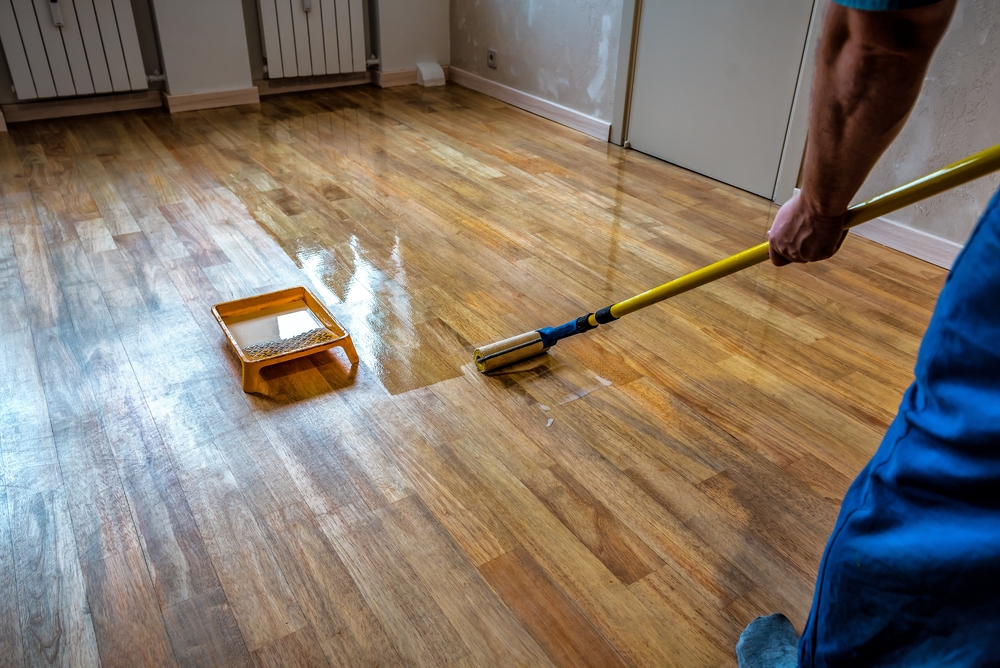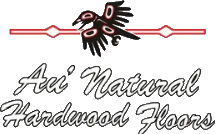Water-Based vs. Oil-Based Finishes for Hardwood Floors

Choosing the right hardwood floor finishes can be a daunting task, especially with the variety of options available on the market. Among the most popular choices are water-based and oil-based finishes, each offering unique benefits and drawbacks. The finish not only affects the appearance of the floor but also its durability, maintenance requirements, and environmental impact. Understanding the key differences between these two types of finishes will help homeowners and professionals make an informed decision that best suits their needs and lifestyle.
Understanding Water-Based Finishes
Water-based finishes have gained popularity in recent years due to their eco-friendliness and quick drying time. These finishes consist of water as the primary solvent, making them a low-VOC (volatile organic compound) option. They provide a clear, non-yellowing finish that enhances the natural color of the wood rather than altering it. This makes them an ideal choice for homeowners who prefer a light, natural aesthetic without the amber tint that oil-based finishes typically impart.
One of the biggest advantages of water-based finishes is their drying time. These finishes dry significantly faster than oil-based alternatives, often within two to four hours, allowing for multiple coats to be applied in a single day. This rapid drying time also means less disruption, making them ideal for busy households or commercial spaces where downtime needs to be minimized. Additionally, water-based finishes have a lower odor, which improves indoor air quality during application.
Durability is another factor to consider. While water-based finishes are highly resistant to scratches and scuffs, they tend to be slightly less durable than oil-based alternatives. However, advancements in technology have led to high-quality water-based finishes that provide comparable longevity, especially when properly maintained. Regular cleaning with a damp mop and using protective pads under furniture can help extend the life of the finish.
Exploring Oil-Based Finishes
Oil-based finishes have been a traditional choice for hardwood floor finishes due to their durability and rich, warm appearance. These finishes are composed of oil-based polyurethane, which penetrates deeper into the wood, providing a thicker, more resilient protective layer. The amber tint that oil-based finishes develop over time adds depth and character to the wood, making it an appealing choice for those who appreciate a classic, aged look.
One of the main advantages of oil-based finishes is their longevity. These finishes tend to last longer than water-based options, making them ideal for high-traffic areas such as hallways, living rooms, and commercial spaces. The thicker consistency of oil-based finishes also makes them more forgiving when it comes to minor imperfections in the wood, as they can help smooth out small dents and scratches.
However, there are drawbacks to using oil-based finishes. The drying time is significantly longer, often requiring at least 24 hours between coats. This means that a full refinishing project can take several days, making it less convenient for those who need a quick turnaround. Additionally, oil-based finishes emit a strong odor due to their high VOC content, which can be a concern for those with respiratory sensitivities or who prefer a more environmentally friendly option.
Comparing Durability and Maintenance
Durability is a crucial factor when selecting a hardwood floor finish, and both water-based and oil-based finishes have their own strengths. Water-based finishes offer excellent resistance to scratches, making them a good choice for homes with pets or children. They also maintain their clarity over time, preventing the yellowing effect that can occur with oil-based finishes. However, they may require more frequent recoating to maintain their appearance and protective qualities.
Oil-based finishes, on the other hand, are known for their superior durability. They provide a thicker protective layer that can withstand heavy foot traffic and general wear and tear. The amber hue that develops over time can add a timeless charm to the wood, which some homeowners prefer. However, maintaining an oil-based finish requires more effort, as these floors are more prone to showing scratches and scuff marks. Regular polishing and occasional reapplication of the finish are necessary to keep the floor looking its best.
Environmental Impact and Health Considerations
In today’s eco-conscious world, the environmental impact of hardwood floor finishes is a significant consideration. Water-based finishes are widely regarded as the more environmentally friendly option due to their lower VOC content. This means they release fewer harmful chemicals into the air during application, making them a safer choice for both the installer and the home’s occupants. Additionally, water-based finishes contribute less to indoor air pollution and have a lower impact on the environment during production and disposal.
Oil-based finishes, in contrast, contain higher levels of VOCs, which contribute to air pollution and can cause respiratory irritation. Proper ventilation is essential during application to minimize health risks. The strong fumes associated with oil-based finishes can linger for days, making it necessary for homeowners to vacate the space until the smell dissipates. While some oil-based finishes now offer lower VOC formulations, they still generally have a higher environmental impact compared to their water-based counterparts.
Choosing the Right Finish for Your Hardwood Floors
Ultimately, the choice between water-based and oil-based hardwood floor finishes comes down to personal preference, lifestyle, and specific project needs. Water-based finishes are ideal for those who prioritize quick drying times, low odor, and a clear, natural look. They are also a great option for environmentally conscious homeowners who want to minimize their exposure to harmful chemicals.
On the other hand, oil-based finishes are the better choice for those who seek maximum durability and a rich, warm appearance. They are well-suited for high-traffic areas and those who appreciate the aged, classic patina that develops over time. However, the longer drying times and stronger odor may be a downside for some homeowners.
Before making a final decision, it is advisable to consider factors such as maintenance requirements, the expected level of foot traffic, and the desired aesthetic. Consulting with a flooring professional can also help determine the best finish for specific wood species and usage patterns. Regardless of the choice, proper application and ongoing maintenance will ensure that the hardwood floors remain beautiful and protected for years to come.

